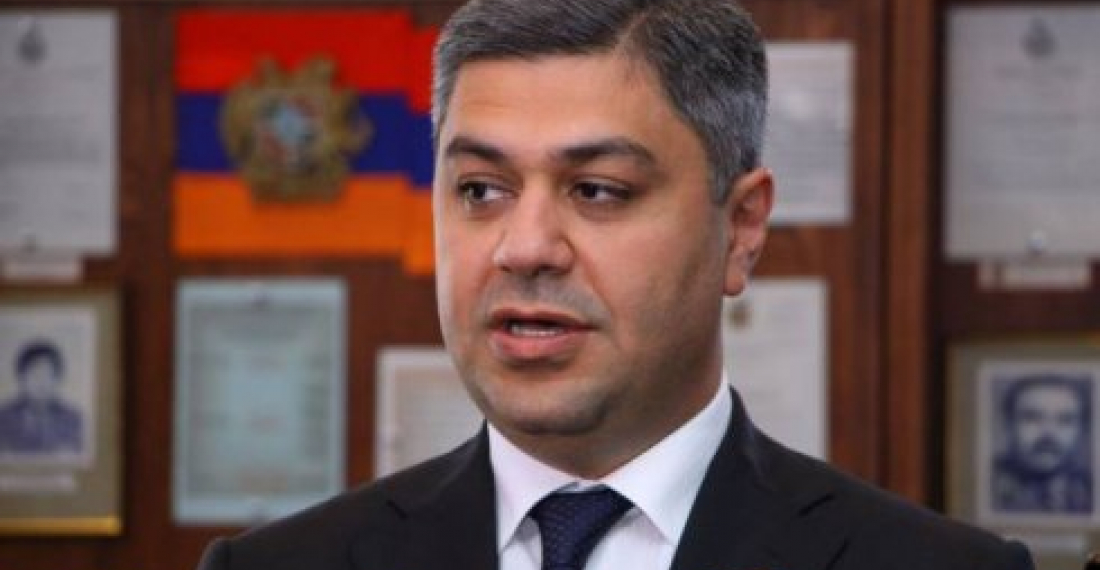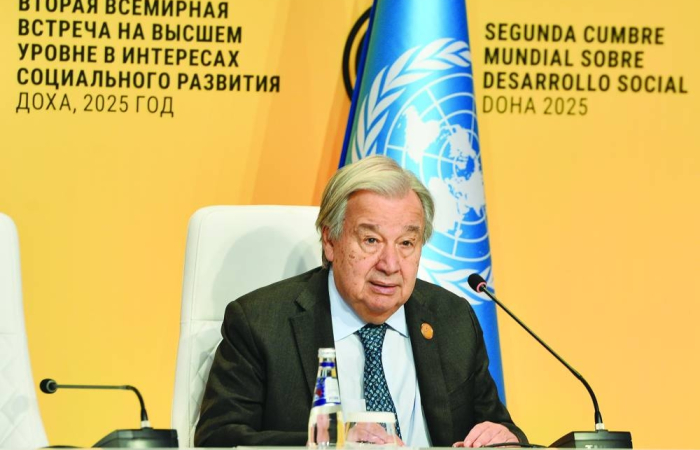Глава Службы национальной безопасности Армении генерал Артур Ванецян подал в отставку в минувшие выходные, и его отставка была принята. Это подтвердил премьер-министр Армении Никол Пашинян, выступая на марафонской пресс-конференции в армянском городе Ванадзор в понедельник (16 сентября).
Ванецян был назначен на эту должность сразу после смены власти в Ереване весной прошлого года. Он был видным лицом нового правительства и сыграл важную роль в возбуждении дел против бывших чиновников, обвиняемых в коррупции и злоупотреблении властью. Однако становится очевидным, что его отношения с премьер-министром Николем Пашиняном были непростыми.
В понедельник Ванецян выступил с заявлением, адресованным широкой общественности, в котором содержалась слегка завуалированная критика Пашиняна и его стиля руководства. В заявлении сказано:
«Дорогие соотечественники,
Уважаемые служащие СНБ.
Сообщаю вам, что принял решение об отставке с поста директора Службы. Подобное решение в сложившейся ситуации считаю самым предпочтительным и обоснованным вариантом служения Республике Армения и моему народу.
Это решение я принял столь же уверенно, как и то, когда в судьбоносный для нашей страны момент согласился занять должность директора Службы национальной безопасности.
Моя деятельность за полтора года всегда была у всех на виду, каждый мой шаг был продиктован принципом - Родина и честь офицера превыше всего.
У (нынешнего) процесса государственного строительства (в Армении) своя логика: стихийные решения, неуверенность в действиях, неумение отличать первостепенное от второстепенного. Всё это не имеет ничего общего с честью и достоинством офицера. Погоны офицера и подобный ход событий несовместимы.
Пусть моя отставка будет отрезвляющим шагом и призывом „Остановиться!"», - говорится в заявлении Ванецяна.
В ответ на это заявление со стороны пресс-секретаря премьер-министра Пашиняна Владимира Карапетяна озвучил быстрый и не менее резкий упрек. В комментарии армянским СМИ Карапетян сказал:
"Необходимо выяснить, кто написал текст, приписываемый Артуру Ванецяну. Мы надеемся, что автором текста является не кто-то из пиар-офиса коррумпированных чиновников, которые «ошибочно» избежали уголовной ответственности. Мы призываем генерала Ванецяна не терять достоинство офицера, на которое он ссылается."
Эти два заявления уже вызвали много спекуляций в армянских политических кругах и все это в тот момент, когда правительство пытается протолкнуть ряд ключевых изменений в судебной системе. Должность главы Службы национальной безопасности является ключевой в Армении, даже в большей степени, чем в других странах, и эта отставка, вероятно, самая существенная после того, как новое правительство пришло к власти в прошлом году.
источник: commonspace.eu по материалам News.am, Арменпресс и других агентств
фото: Бывший глава Службы национальной безопасности Армении Артур Ванецян






